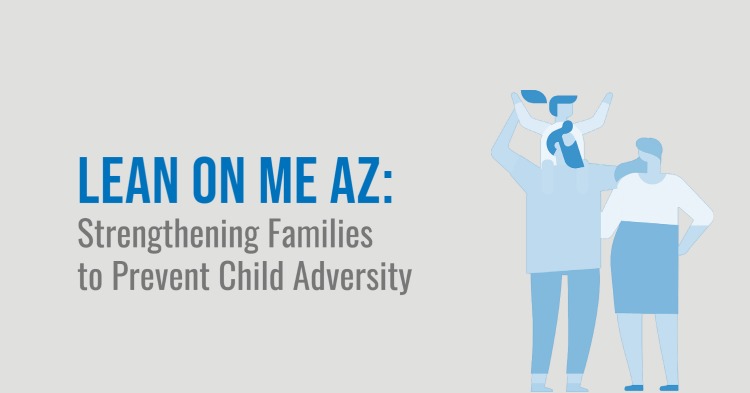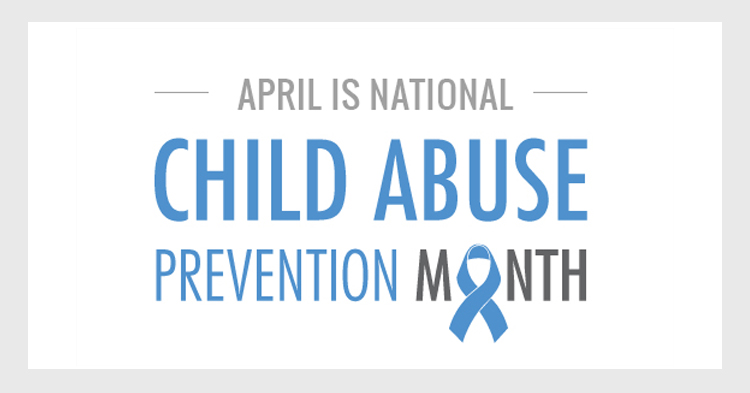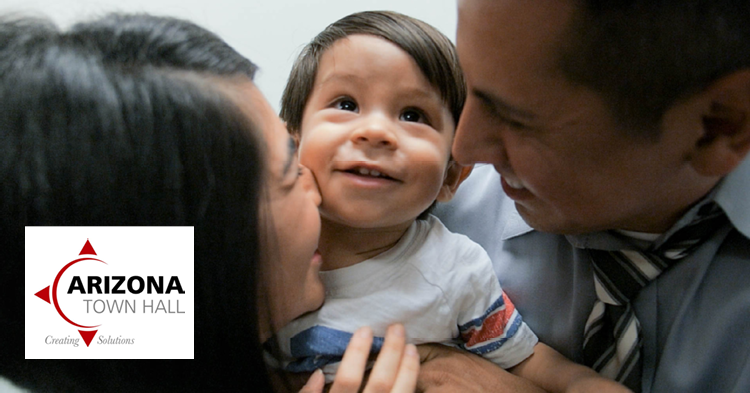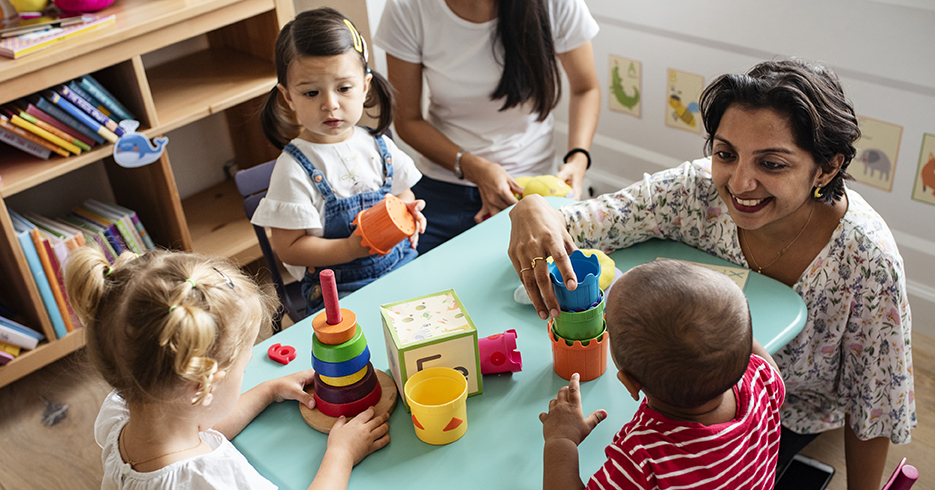
A new child abuse prevention campaign focused on ways communities can help strengthen families is the focus of Prevent Child Abuse Arizona’s Lean on Me AZ project.
Lean stands for Listening. Empathy. Affirmation. Non-judgement.
The project started during the COVID-19 pandemic when concerns were raised that if children and families didn’t have access to their typical support systems such as school, work and church, child abuse and neglect would increase.
“We had gone into lock down and people were worried about the children,” said Claire Louge, executive director of Prevent Child Abuse Arizona. “The pandemic was causing changes that were stressful to families. And when the feeling of being overwhelmed goes up, that’s when child abuse and neglect happen.”
But the concerns also led to a different question.
“Can we support families right now?” Louge said. “It changed the energy of the discussion. Why are we focused only on reporting? What role do communities play in prevention?”
The Casey Family Programs funded the Collective Impact for Child Safety and Well-Being, a group of leaders, including Prevent Child Abuse Arizona, that is working toward the vision that all children and families throughout Arizona are safe, stable and flourishing to host 13 group talks across Arizona.
They asked questions like: “What does supporting families look like in your community?” And “Tell us about a time you felt supported as a parent.”
“Those discussions were incredibly rich and inspiring,” Louge said. “People know how to do this intuitively. And they know what a strong community feels like and looks like. And when they choose to deliberately do those strengthening behaviors, to actively be helpful and not judge, it offers hope. That’s what creates a culture of parent support.”
The toolkit that resulted offers specific suggestions on how everyone, not just parents, can work to strengthen families through everyday words and actions. Also included are quotes and stories from Arizonans sharing experiences about times they’ve felt supported or judged.
The kit is based on the five protective factors framework that has been proven to help mitigate or eliminate stress more effectively for families. The five Protective Factors are:
- Parental Resilience – Families who are resilient are more likely to manage stress and function well when faced with challenges.
- Social Connections – Positive relationships with family members, friends, neighbors, co-workers, community members, and service providers can help provide emotional, informational and spiritual support.
- Concrete Supports – Concrete support in times of need helps to ensure families receive basic necessities and help minimize stress.
- Knowledge of Parenting and Child Development – Understanding parenting strategies and child development helps families know what to expect and how to provide what children need during each developmental phase.
- Social and Emotional Competence of Children – Positive interactions help children learn to communicate clearly, recognize and regulate their emotions and build healthy relationships.
The plan is to share the tool kit through presentations and community forums across Arizona. It is filled with ways community members can help. It may be a simple smile and comment to a parent in a store saying, “You’re doing a good job.” Or the acknowledgment that you want to offer help. The kit offers scripted ways, for example: “I want to help you. What can I do to help you?” It also encourages community members to speak up about the times they themselves have received help.
“Don’t assume parents and guardians need help, or need you to ‘save’ them,” the kit offers. “Sometimes all they need is a listening ear. Watch your posture and tone during the conversation.”





